Bibliography:
High-Altitude Nuclear Explosions
Act 5: Dr. Strangelove
Host
As good Descartes said, “Cogito ergo sum”, I think, therefore I am.
Guest 22
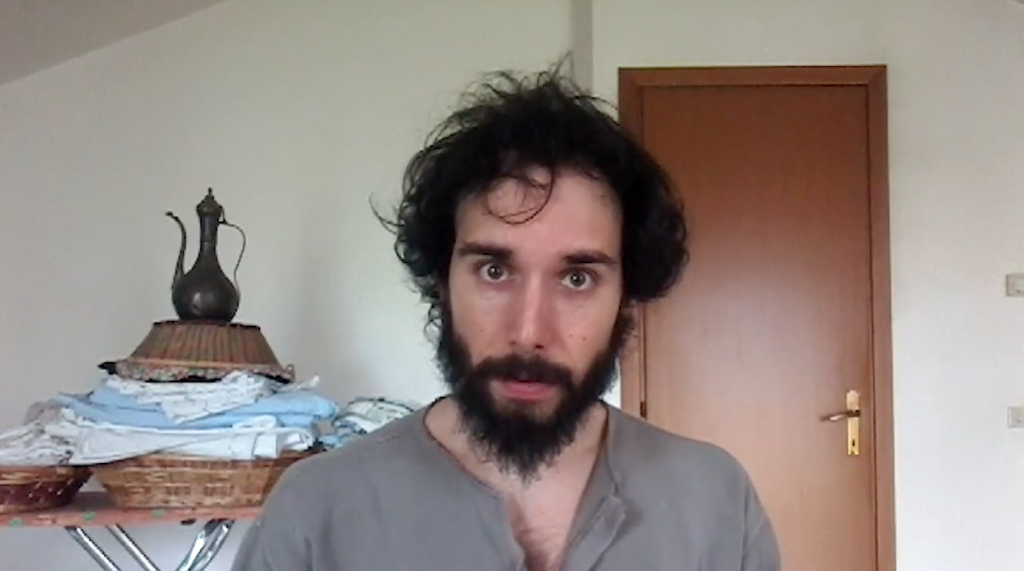
Ok, if you think, you exist. Impossible to disagree on that.
But your being? That depends on how and what you think. Or not?
Alfred Nobel, Swede from the mid 800’s, son of a Russian arms manufacturer for the Crimean war,
studies chemistry and nails 300 patents, but what changes his life is dynamite, in 1867,
which makes him a rich entrepreneur, but above all the indisputable lord of explosives.
Guest 23
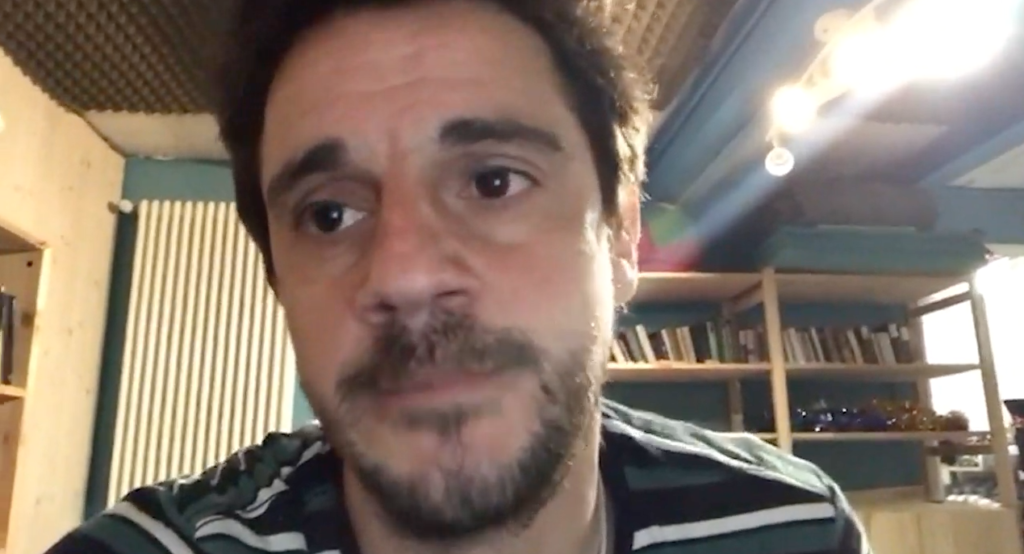
When the brother died, a local journalist, thinking he was Alfred,
titled the obituary “the death merchant has died” with the subtext: “Alfred Nobel, who
became rich by finding out how to kill the most men in the fastest way, died yesterday”.
Reading your own obituary must be a powerful experience.
Tormented by all the possible applications of the dynamite, a year before he died he put in his will the creation
of an award for people who help other people to be better and live more in dignity, the famous Nobel Prizes.
Host
Were they all scientific prizes?
Guest 24
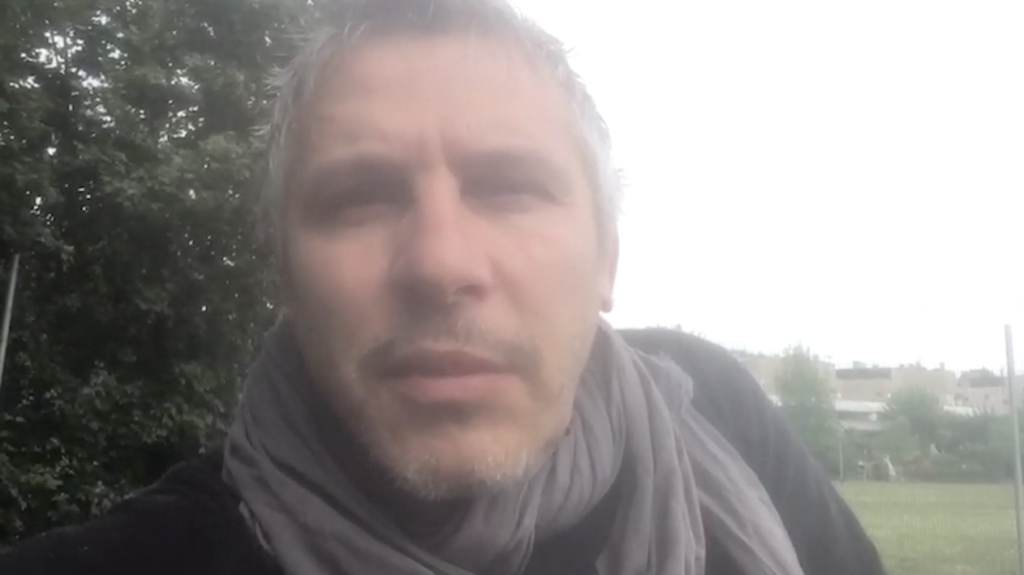
No, a Peace one and a Literature one were contemplated as well,
according to the healthy idea that thought brings us to evolution, to outdo ourselves.
Thought stimulates and generates thought.
As a species we have the urge to continue to preserve ourselves, other living beings, animals and plants, and leave the
events of chaos decide when to put us out, like good old meteorite, the sun deciding to shine a bit less, toxic gases in the depths of earth, white-hot stardust rain or earth losing its axis.
No, not this one, we already tried this one.
Host
Have we already tried to change the earth’s axis?
Guest 25

That wasn’t the goal, but the stupidity and criminality of those who have exploded 10 nuclear warheads in the atmosphere helped. One of them was a Russian one, which, in 1962, as a secondary effect, set on fire a power plant and damaged thousands of kilometres of underground electric wires, leaving two cities isolated.
But regarding earth explosions everything was different.
After the first test explosion, two followed on the population of the Japan of the time, over 100.000 people were instantly killed, not to mention the injured ones and the ones who lived less and worse compared to their personal hourglass.
Host
Then, with the results coming in and the war ending, they understood the absurdity of it all and they calmed down.
Guest 26

Absolutely. Between 1945 and 1998, 2050 exploded! Isao Hashimoto, a Japanese artist, as it should be,
in 2003 made a 14-minute video of his, as beautiful as it is tragic and absurd.
Host
2050?
Guest
Actually 2056, 6 exploded by North Korea in the 2000’s were missing.
Guest 27

Let’s not forget about all the warheads scattered around the planet ready to be used, and all the times they were incredibly close to a nuclear war, disasters avoided thanks to chance or people deciding to go against procedures, like Bassett, Arkhipov and Petrov, people who, as Vik would say, didn’t give up staying human.
Kubrik’s Doctor Strangelove should have taught, how can I put it, the message…
Do you understand why it’s important not only to think, but also how and what to think?
Act 6: Fake of comparative memory
Host
And so, how did humanity think?
Guest 28

Well, I’d say it thought, said, and done a lot. Starting from quantity.
In the Geological Calendar, our species entered the scene on December 31st at 23.56 and 15 seconds pm, so 225 seconds to midnight, the 2020, and arrived at the cosmic party right at the pop of the bottle, right on time to take a glass for the toast.
Guest 29

Hello I am Human, Human Species. Special Agent?
Potentially Very Special, unluckily often rather than rarely harmful.
Guest 30
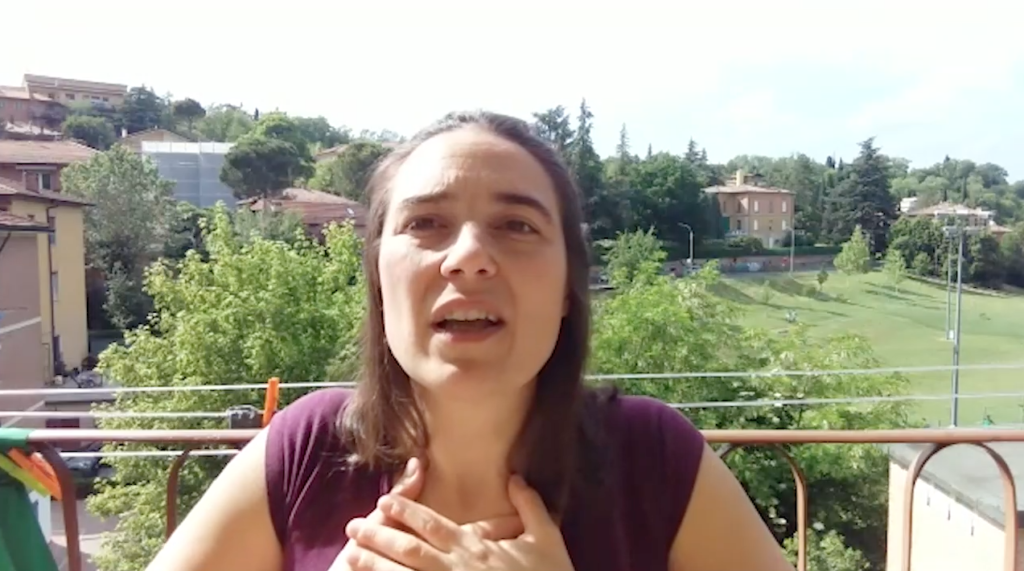
If, on the other hand, we take as a reference Sagan’s Cosmic Calendar, the percentage drops to an embarrassing figure, especially considering the damages we’ve managed to do in our hit-without-run. Humankind introduced itself with an exquisite brain, a deep heart and a beautiful soul, but also with a temper: arrogance and presumptuousness,
We ignore whether it was informed beforehand of something fundamental: there is no other place, the party’s only here.
We admit it might have not received this information, for an error, a flaw, a structural genealogic short circuit, well.
Then we suddenly evolved. And we were aware of it. There, right from there on, why continuing like this?
Host
To err… human, to persevere… diabolic?
Guest 31
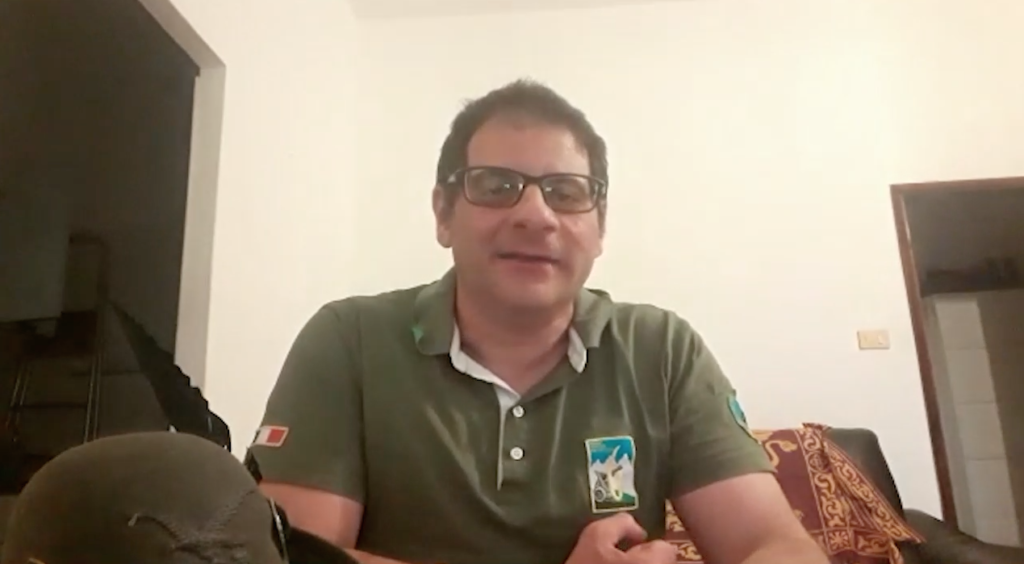
And to think that we had jumped incredible leaps, shortly before we even went to the Moon. Ok sure, some said that wasn’t true, ok some even said the earth was flat. Yes, incredible, an enormous board on balance on, I don’t know, beneath, something, think, after so much evolution.
With the socials so easily accessible a metamorphosis was allowed, but no cockroach, a megaphone.
Everyone had a megaphone, it was like living in the worst obstruction of words and concepts of the world,
where apparently only a few minds managed to navigate; but the others?
Chaos.
Guest 32

Not to be indulgent, but I have to add that the soil had been poisoned for a long time already.
Matthew White, a librarian from the time, after spending years studying and counting the victims of the worst atrocities done by the human species, chose 100 of them, the worst ones, and published the list on “The Great Big Book of Horrible Things”.
First place, World War 2, 70 million victims.
Second place, Gengis Khan’s Mongolian Invasions and Mao’s Chinese revolution, 40 million victims.
Fourth, the Indian Famine attributed to the British Empire, 27 million.
Fifth, the collapse of the Ming dynasty, 25 million, then the Taiping Civil War, 20 million.
I think going on it’s unnecessary, these numbers have surpassed the concept itself of trial or demonstration.
Guest 33
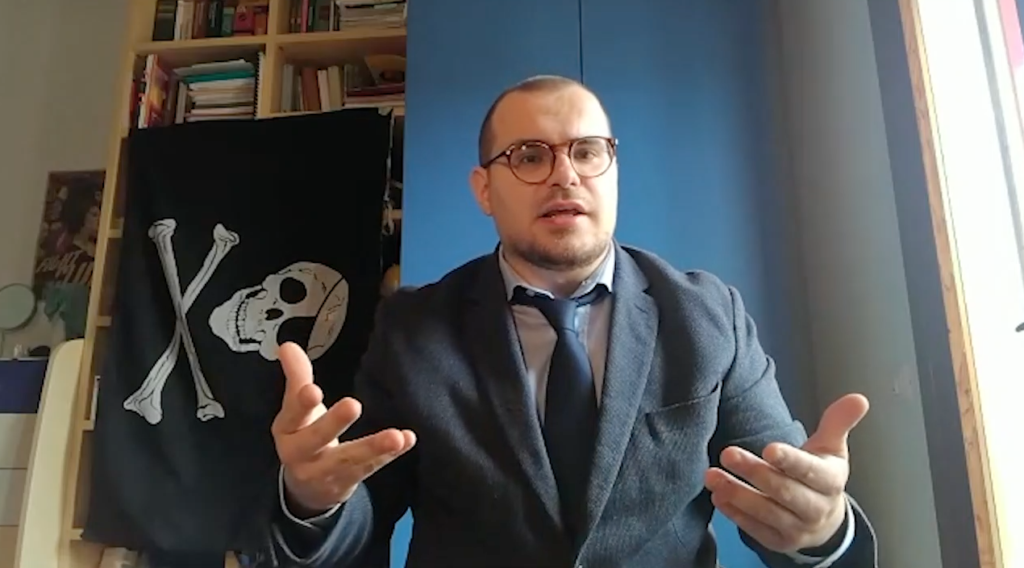
This can be not only the demonstration but also another example for those who want to better understand the mind-set of that period. Which behaviour to show in discussions? The dispute to get noticed and the comparative.
A problem of narcissism other than death of the dialectic. If I contest, they notice me, my action of sheer and sterile disturbance can easily pass through as a thought, as in saying “if he contests, he elaborated an opinion, he reflected!”
In the end, we might say the final objective was to MAKE AN IMPRESSION as brilliant.
So that I also get my followers. But at my first foul, mass denial from my followers.
Host
At least they realized they were incoherent.
Guest 34

Yes, maybe sometimes they realized it. But the mechanism worked both ways. And here we have a new detail of the anamnesis: the deficit of memory. I mean that one might applaud someone who until the previous day was his
mortal enemy, since he might have said something… particularly brilliant!
Obviously sentences like “You’re right”, “Sorry”, “I was wrong”, “Forgive me”, “I’m sorry” were considered truly little brilliant. The art of listening also went out of style, nobody listened, they only thought about what to say next, not listening or giving for granted that they understood from the only two words rarely listened.
Host
Not being able to communicate with those means reminds me of the Italian
saying “Those who have bread lack teeth, and those who have teeth lack bread”
Guest 35
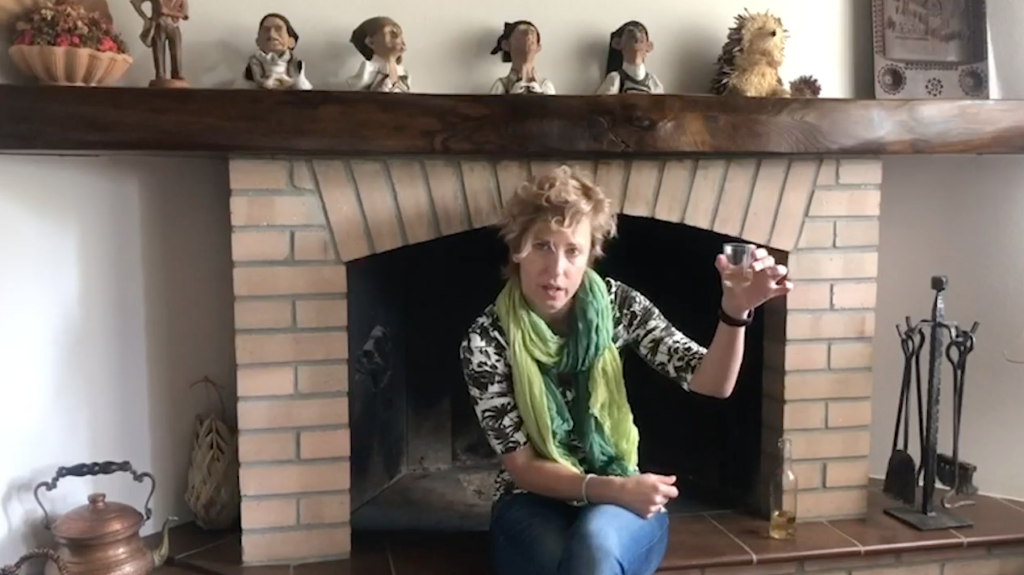
Worse, the bread was stale and the teeth rotten and broken and this greatly complicated the nutrition of the brain and the thought. They were missing the way to swallow everything. I should explain.
If I want you to convince you of something, I debate it by explaining why that thing, in my opinion, is the best. But if I don’t have proof, how can I convince you? By comparing my idea with a worse one that you already have interiorized.
Do you thing I could convince you to drink this shot glass of grappa but full of other people’s urine?
But if I say that you do not have a choice, that you are forced to choose, “Still better this shot glass than this full bottle” and my shot glass goes down smoothly. And, after a while, you don’t even notice.
If then I can convince you to delegate all of your problems to me so that you can stay relaxed at home having fun, since you’re tired of life and its thoughts, then it’s done, just like that you’re slaves like then, and the thought, if you’re lucky, is put in naphthalene, if you’re lucky.
Host
And if you’re not?
Guest 36

Then moths come and they eat it.
The genesis of the thought, just like the human genesis told in the Bible, the most popular book of old humanity:
God, according to the genesis, created the Universe in six days and rested on the seventh day: and so did humanity, first it was created and evolved, but then its thought went to waste and in the end it was obligated to rest home, first it was invited, then supported warmly until it was obligated to stay home.
Among the countless art pieces created in these years on the Pandemic by famous CoronaVirus, something that really struck me is a painting in which the people of the time are represented as an infinite school of Paracanthurus hepatus, commonly known as blue surgeonfish. A nice way to describe the people of that time, as all actors for the same character, one from a famous animation movie, “Finding Nemo”, where there was a female specimen named Dory with a nice smile and character, but without short-term memory.
Guest 37

Well, if we really want to be precise, even if it’s not necessary, we might say that the people of that time didn’t have the long-term one neither, didn’t speak whale, and weren’t as smiling as Dory. In fact, smiling. The smile is the first symptom and sign of health for people, and progress for a community, it means kindness when we greet, empathy when we’re together and the best way of greeting each other.
The second one is to take care of, or simply Care. And not only towards the sick, but everyone. The Care as a relational manner.
That pandemic put at the centre of everything the public health, and, consequently, everyone who worked in it.
And, despite the risk of contagion, the sick found people who took care of them while also trying to gift them with a smile, trying to fill the Need of Needs, the one on top of Maslow’s pyramid.
Host
Every time I hear talking about this aspect, I get moved
Guest 38

And you’re not the only one.
CoronaVirus was the straw that broke he camel’s back.
As it often happens in history, a fundamental moment is identified with a date, which, actually, is just a convenience norm, the path was much more diluted over time.
It was a different society than ours, our second prehistory: just like prehistory became history with the writing, our presociety became our current one with CoronaVirus.
A change begun in 2020, followed by a slow and deep metamorphosis, spread over a much longer arc in time, a hard and dramatic period, some sort of swan song, the last effort of old humanity to survive, known by all as Planetary Gestation, until, willing or not, it ended.
It hurt, it hurt badly, like the pain of delivering, but, just like that pain, in a moment it became a smiling memory, when the New Humanity, us, was born.